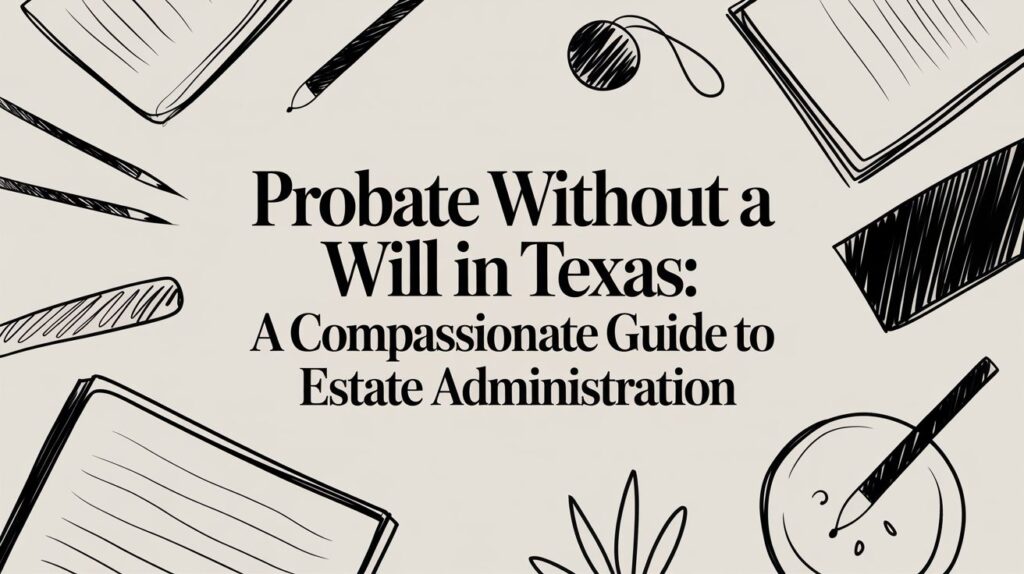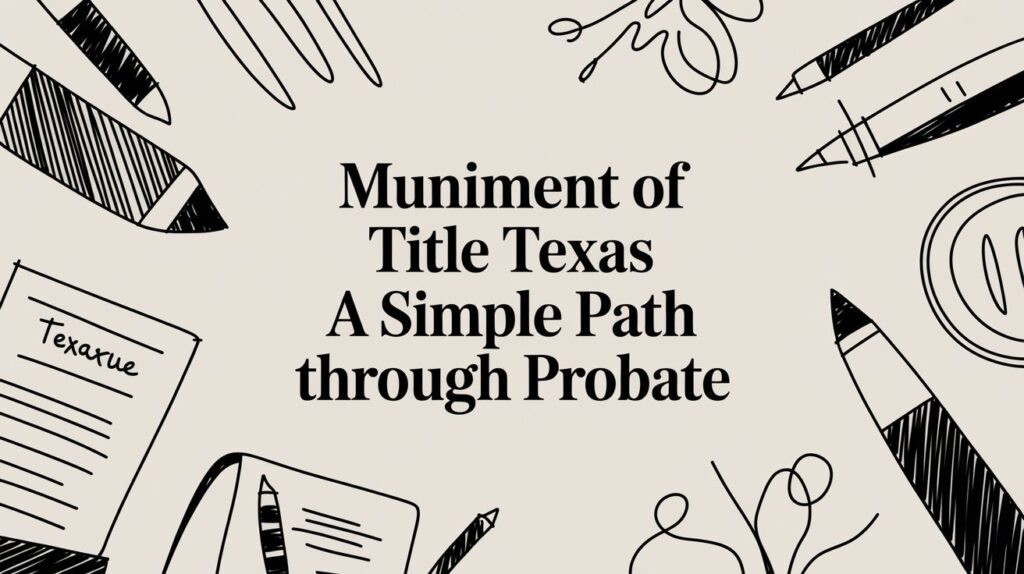Probate without a Will in Texas: A Compassionate Guide for Families
When a loved one passes away without a will in Texas, their property doesn't just disappear or automatically go to the state. That's a common myth. Instead, Texas law provides a default plan, known as intestate succession, that dictates who inherits the estate. This legal framework, found in the Texas Estates Code, provides a roadmap, […]
Probate without a Will in Texas: A Compassionate Guide for Families Read More »







